Talk Overview
Most microorganisms cannot survive in the hostile acidic environment of the stomach, but somehow Helicobacter pylori calls the stomach its home. Infection with H. pylori can cause stomach ulcers in humans and is a risk factor for the development of stomach cancer, the third-leading cause of cancer deaths worldwide. Dr. Julie Huang tells us the story of how H. pylori thrives by navigating towards more neutral environments within the stomach using a chemoreceptor called TlpB. Understanding how H. pylori finds this niche opens new routes for developing novel approaches to preventing stomach ulcers and cancer.
This talk is part of the Young Scientist Seminars, a video series produced that features young scientists giving talks about their research and discoveries.
Speaker Bio
Julie Huang
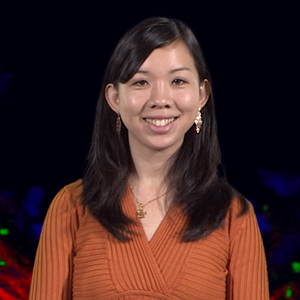
Dr. Julie Huang completed her Bachelor degree at the California Institute of Technology. Given her scientific merits, she was granted a Fulbright scholarship in 2009 to work at the Max Planck Institute for Marine Microbiology in Germany. Afterwards, Huang joined the Microbiology and Immunology Doctoral Program at Stanford University, where she worked with Dr. Manuel… Continue Reading
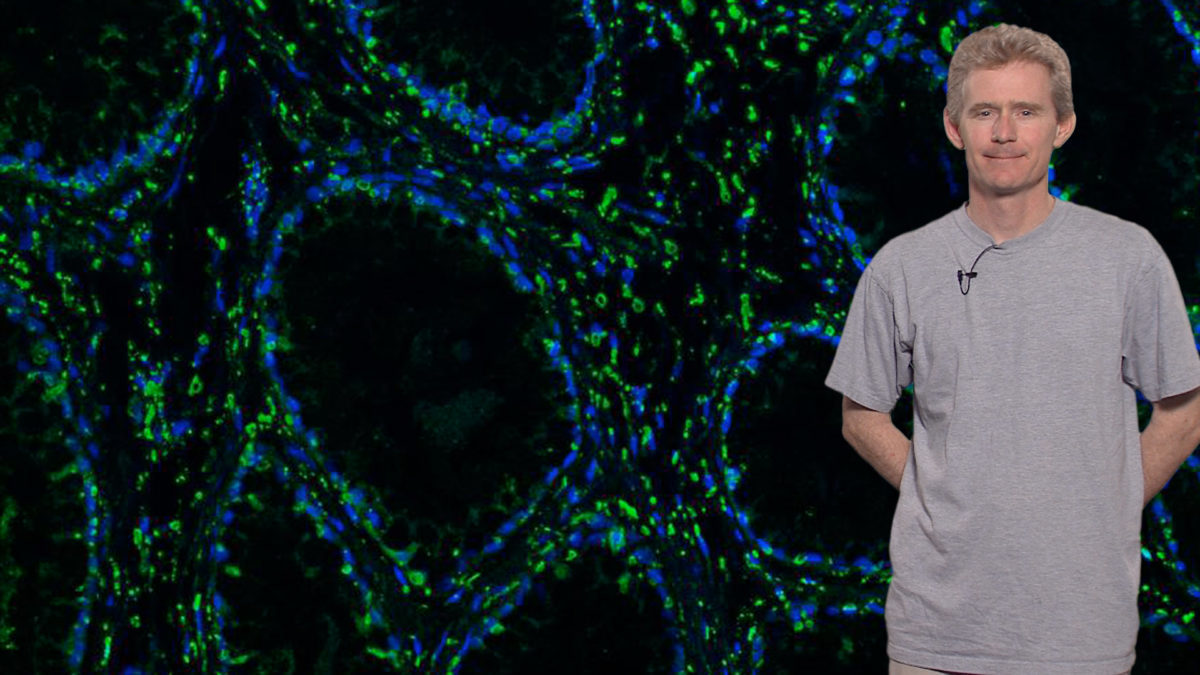
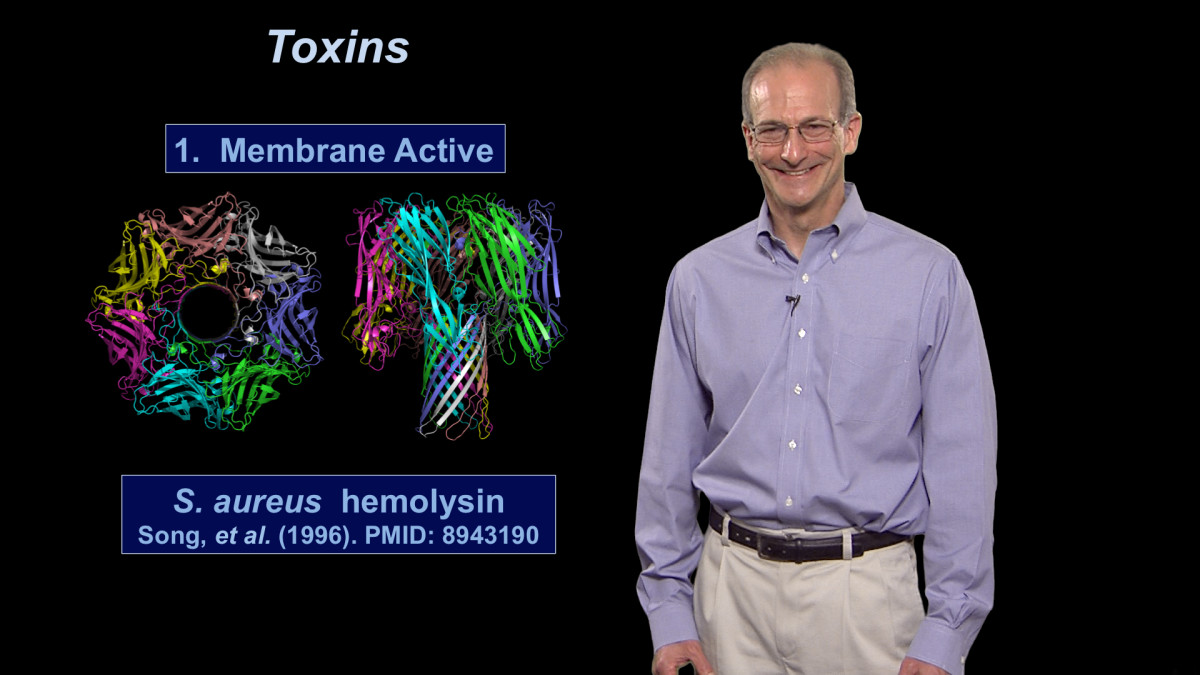
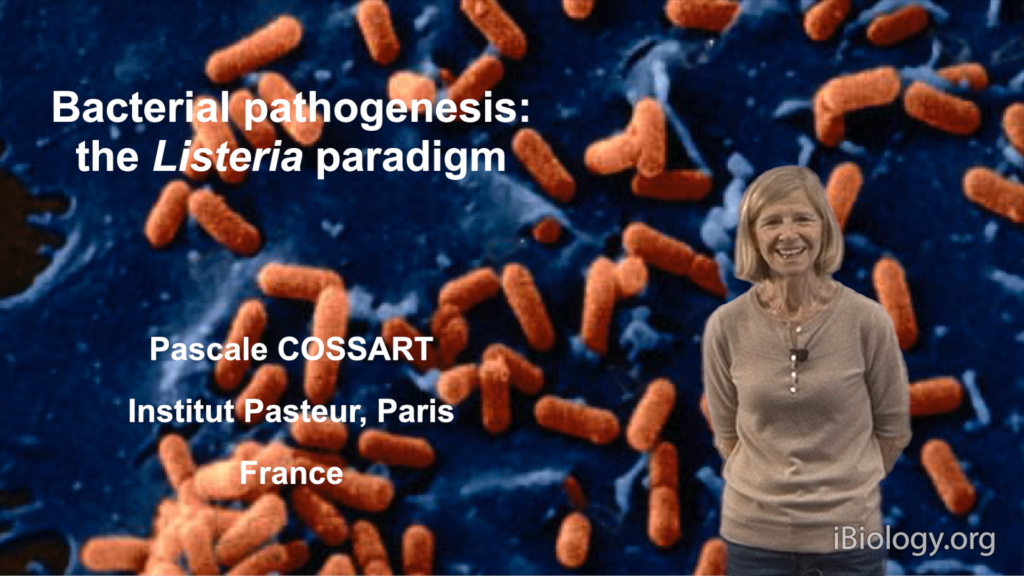
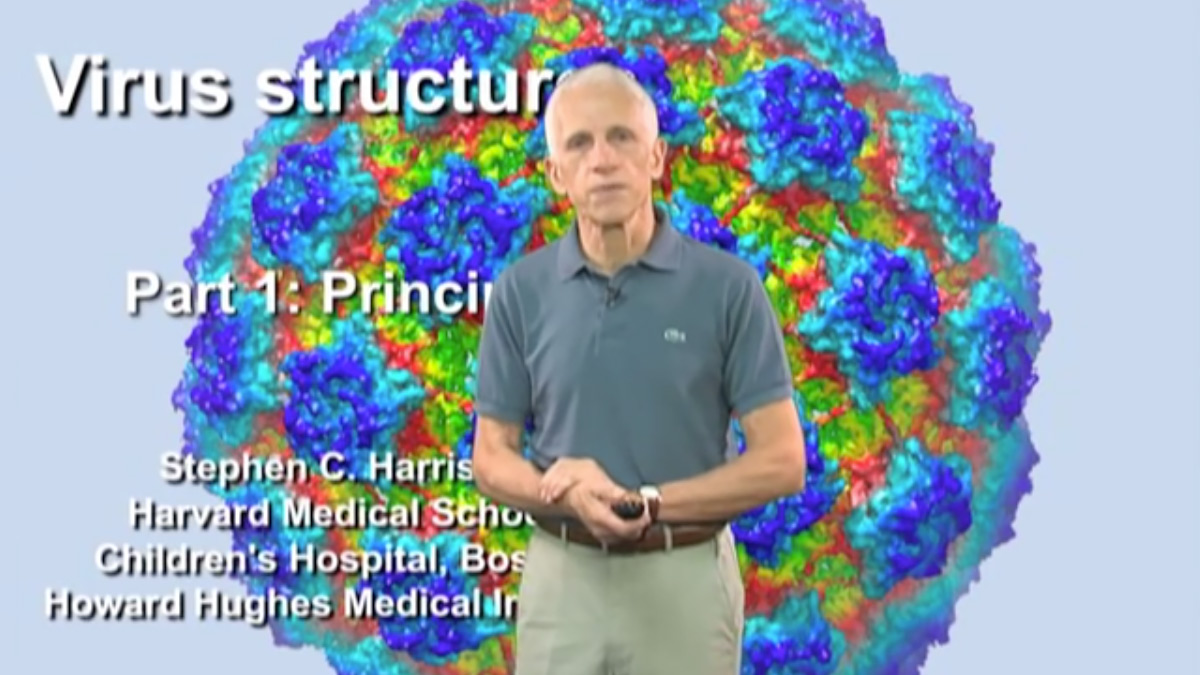
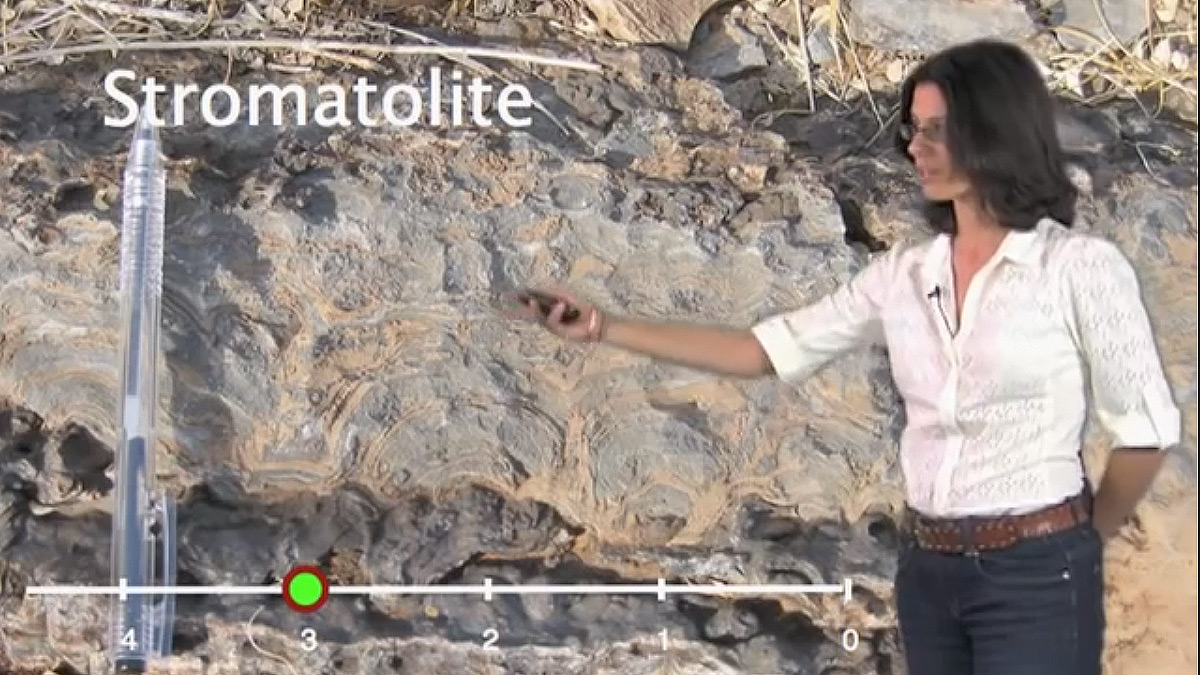
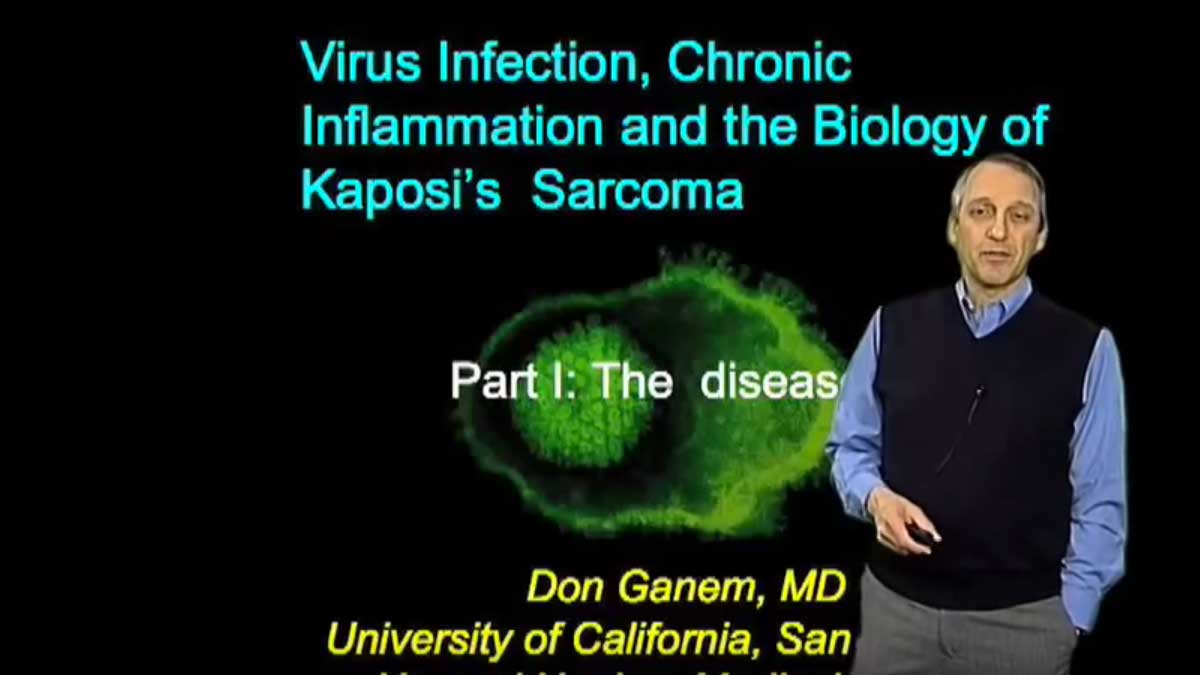
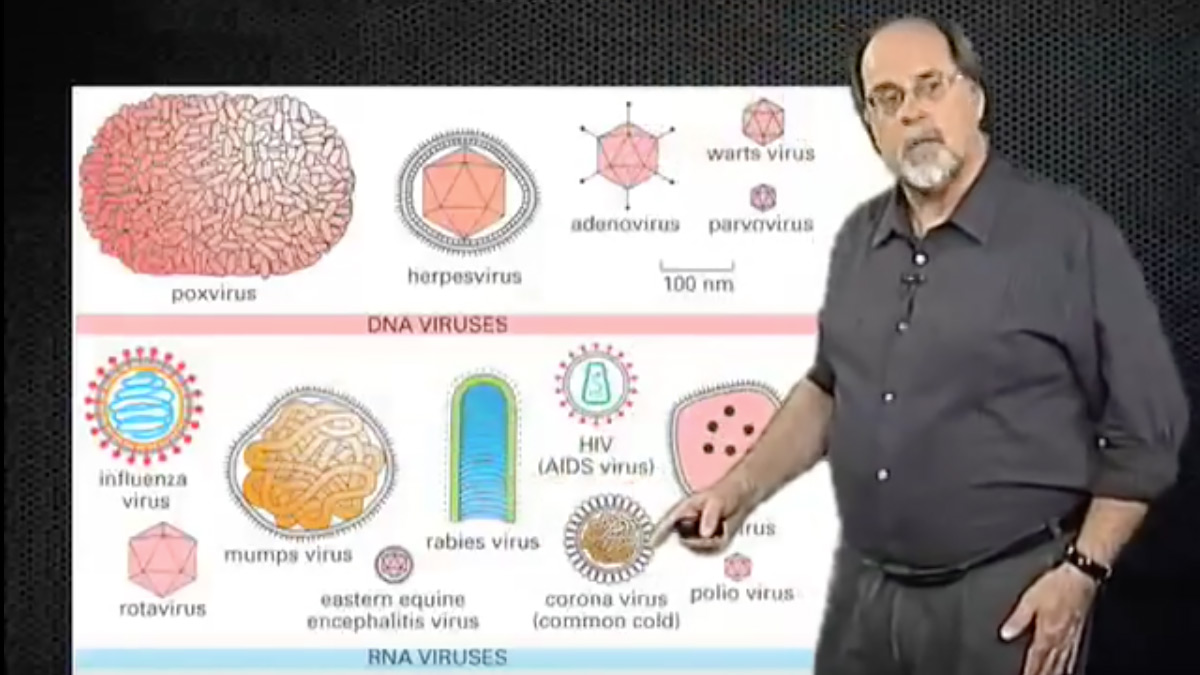





Anne Bernhard says
I used to use the short video clips that you had on this site in my classes, the ones that were 3-8 minutes long. You seem to have removed all of these and only have long videos. I don’t have time in my classes for these, and found the short ones were super helpful for teaching. Why did you remove those? Very disappointed. Now I have to search youtube for short clips to show in my classes, and that’s much more work to sift through all garbage.